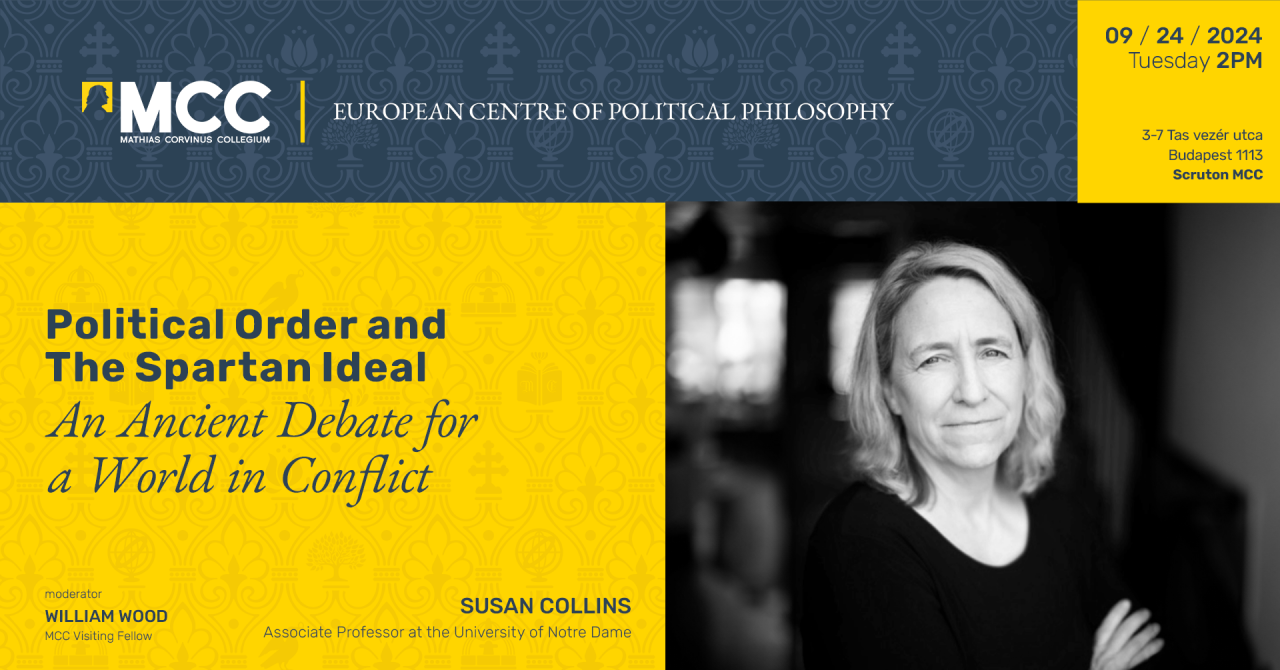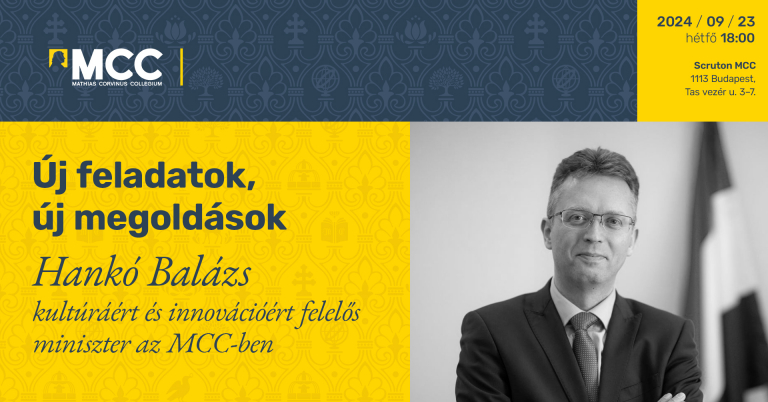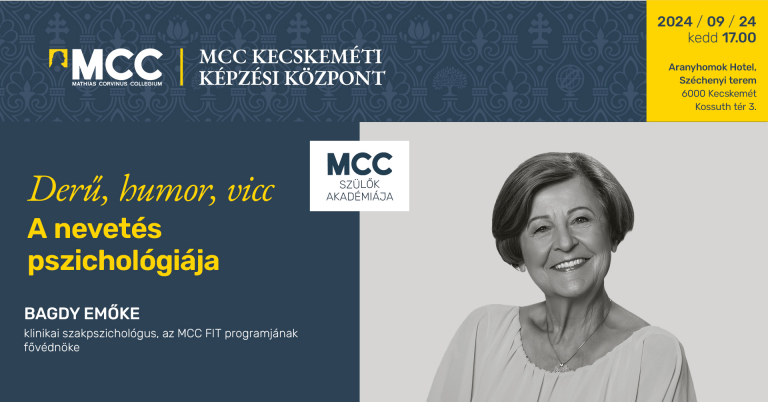Join us as we sit down with Professor Susan Collins to discuss the ancient Spartan regime and what relevance it may still have today.
This talk explores the significance, for classical philosophy and for us, of an ancient debate between the champions and critics of the Spartan politeia, the “regime” or “constitution” attributed to the legendary Spartan lawgiver Lycurgus. Those unfamiliar with the celebration of Sparta in the history of thought may wonder what we can learn from a debate concerning an ancient martial regime, which some modern commentators have even called a mirage or myth. Yet, however idealized, Sparta has always occupied a place in our political imagination. After the attacks of October 7th, Israeli novelist David Grossman observed that Israel must now be “both Athens and Sparta.” In the 1950s, the American scholar Samuel Huntington praised West Point and its military virtues as a “bit of Sparta in the midst of Babylon.” From the archaic period to the nineteenth century, in fact, many poets and political thinkers celebrated the Spartan politeia as the best regime. The questions at the heart of the ancient debate over Sparta, I argue, are not only central to the classical tradition. They are re-emerging with critiques of liberal constitutionalism and forms of political conflict that have undermined confidence in the once regnant model of liberal-democracy.
Participants of the discussion:
- Prof. Susan Collins, Associate Professor at the University of Notre Dame
- Dr. William Wood, MCC Visiting Fellow
-------------
Soron következő eseményünkön Susan Collins professzor Asszonnyal beszélgetünk az ókori spártai államról, s annak mai relevanciájáról.Ez az előadás a klasszikus filozófia számára fontos spártai politeiát – a legendás spártai törvényhozónak, Lycurgusnak tulajdonított „rezsim” vagy „alkotmány” támogatói és kritikusai közötti ősi vita jelentőségét tárja fel. Azok, akik nincsennek tisztában Spárta eszmetörténeti jelentőségével, elcsodálkozhatnak azon, vajon mit tanulhatunk ebből az ősi katonai rezsimről folytatott vitából, amelyet egyes modern kommentátorok délibábnak vagy mítosznak is neveznek. Akármennyire is idealizált Spárta, az mindig is fontos helyet foglalt el politikai képzeletünkben. Az október 7-i támadások után David Grossman izraeli regényíró megjegyezte, hogy Izraelnek most "Athénnak és Spártának" kell lennie. Az 1950-es években Samuel Huntington amerikai tudós úgy méltatta West Pointot és katonai erényeit, mint a "kis Spártát Babilon közepén". Az archaikus időszaktól a 19. századig sok költő és politikai gondolkodó a spártai politeiát a legjobb rezsimként tartotta számon. A Spártáról folytatott ókori vita középpontjában álló kérdések – állításom szerint – nem csupán a klasszikus hagyomány központi elemei. Újra felbukkannak a liberális alkotmányosság kritikájával és a politikai konfliktusok olyan formáival kapcsolatban, amelyek aláásták a liberális demokrácia egykor uralkodó modelljébe vetett bizalmat.Az eseményen való részvételért pont jár!
A beszélgetés résztvevői:
- Prof. Susan Collins, a Notre Dame egyetem egyetemi docens
- Dr. William Wood, MCC Visiting Fellow
Időpont: 2024. 09. 24. 14:00-15:30
Helyszín: Scruton MCC, 1113, Budapest, Tas vezér utca 3-7.


